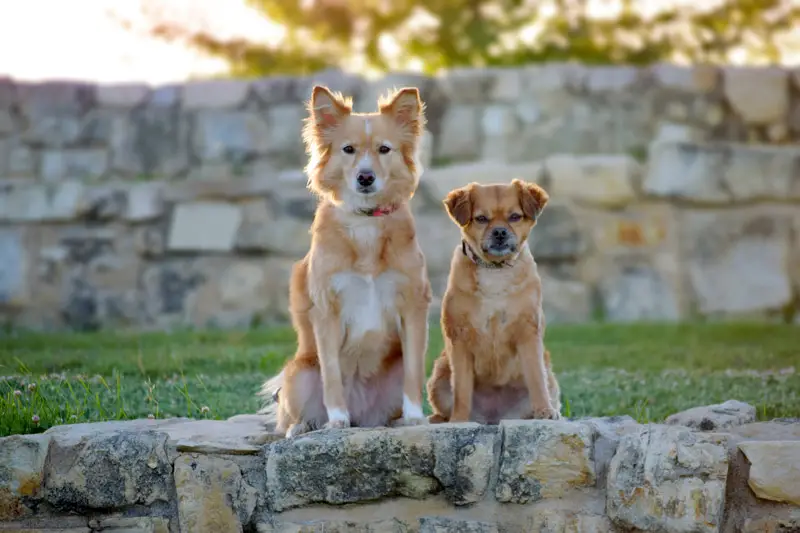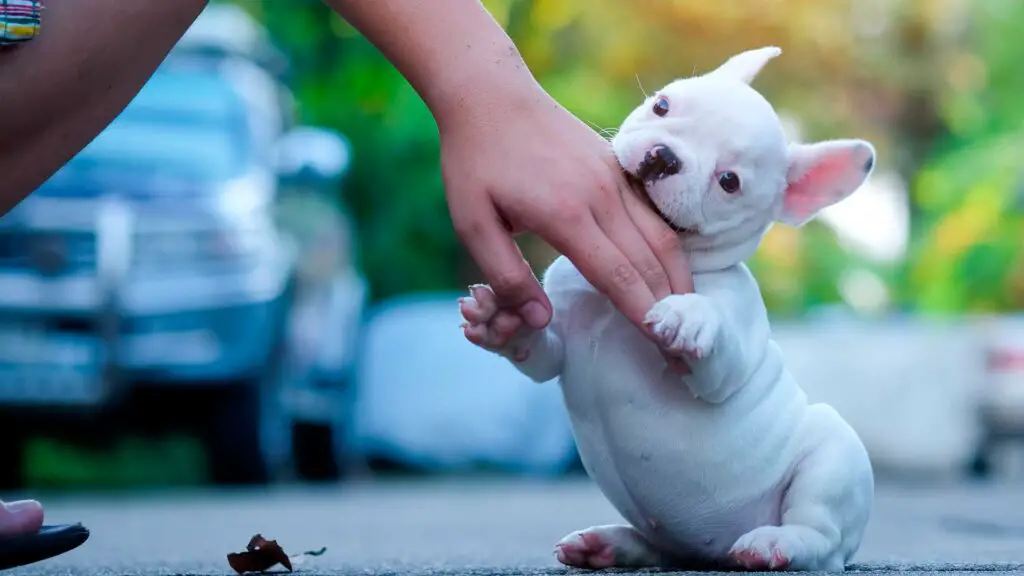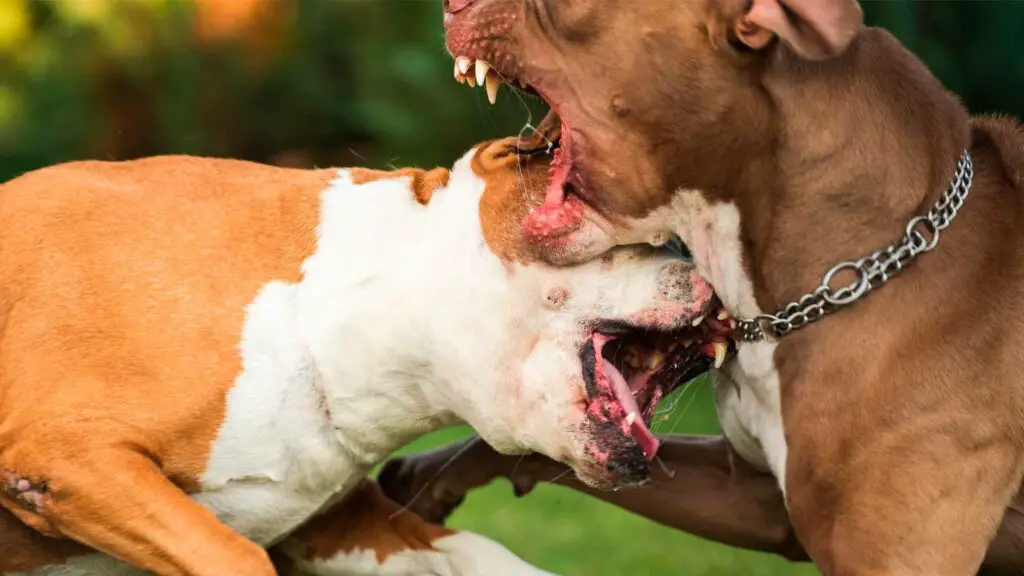Factors To Consider Before Bringing The New Puppy Home

Ease Of Socialization
If your resident dog does not enjoy socializing with other pups in general, you may need to rethink. For instance, if they have a tough time with other dogs during a walk in the park or when you go to your friends or relative’s place, this is a sign that they are uncomfortable with other canines.
On the other hand, if they are tolerant of other dogs’ company, there is a good chance the resident dog will get along fine with the newcomers.
Some of the positive signs of bonding with a new puppy include:
- Sniffing the new puppies on arrival and following their movements around the house.
- Signs of excitement in the form of high-pitched sounds or growls with some jumping around.
- Being kind and tolerant towards the younger dog’s inexperience while playing games and puzzles. The same attitude can be seen while the younger pup tries to invade the personal space of the older dog.
Compatibility
Just being charmed by the sheer cuteness of an infant dog is not going to make things easy at home, where a senior member awaits. You would need to consider potential compatibility issues that may pop up when the interaction happens. Some of the compatibility concerns include:
Sex Of The Puppy
The dominant dog is more likely to accept a new dog belonging to the opposite sex. Two male dogs may get along quickly without much hassle. Females, on the other hand, have a peaceful time with the opposite sex. Things can get pretty uneasy with two females in the house.
So consider bringing home a puppy of the opposite sex to have peaceful and smooth coexistence between the two dogs. The fights will also be reduced in number between a male and a female dog.
Inherent Breed Characteristics
Try to understand the prey drive of your dominant dog’s breed in general. For instance, Terrier breeds were bred to hunt and chase down smaller animals. You do not want such mishaps to occur under your roof.
Adding a small-sized breed like Chihuahua with a Terrier can wreak havoc at home. If there is a considerable size difference between the new and resident dogs, we strongly recommend having human supervision until they get along well.
Even a minor accident like falling the resident dog on the smaller pup can be fatal or lead to grave injuries. Therefore, ensure to be cautious and alert.
To be on the safer side, make sure to bring a pup whose adult size won’t be much different from the dominant one.
Puppy Behavior
If it is possible to get some details on the general behavior of the new puppy from the shelter home or the pet store you are bringing them from, that will prove useful.
It is not only about the resident dog’s attitude towards the new one; the smaller pup must also be willing to accept and respect the older dogs, rather than treating them with arrogance and recklessness.
The first meeting will take time, and you need to be patient as a responsible dog owner. Expecting the dogs to be besties in a few days is asking for too much.
Rushing things will only make the situation worse, and your home will turn out to be a messy ground for you and your dogs.
Let us now get into the core topic at hand in the following section.









